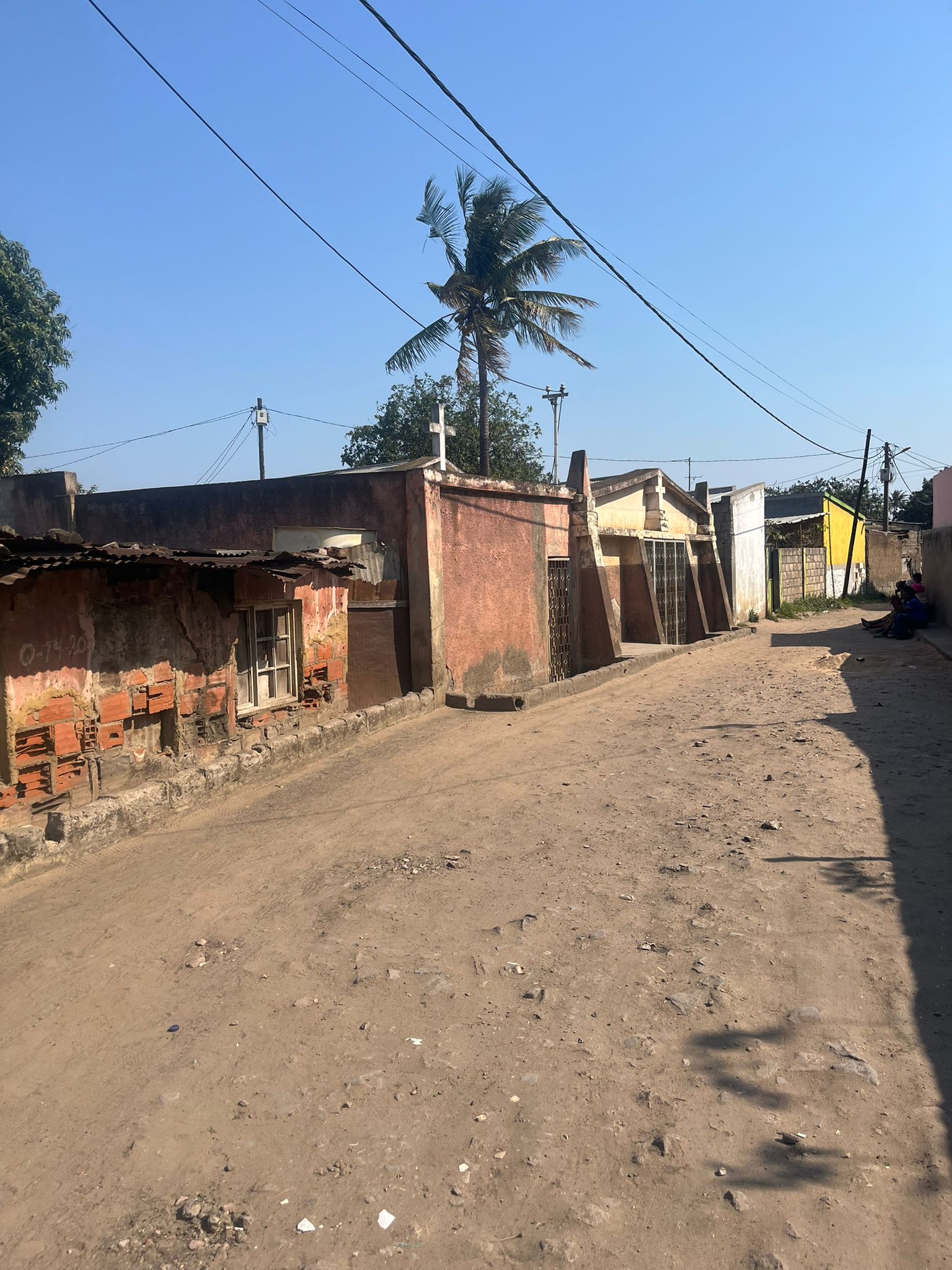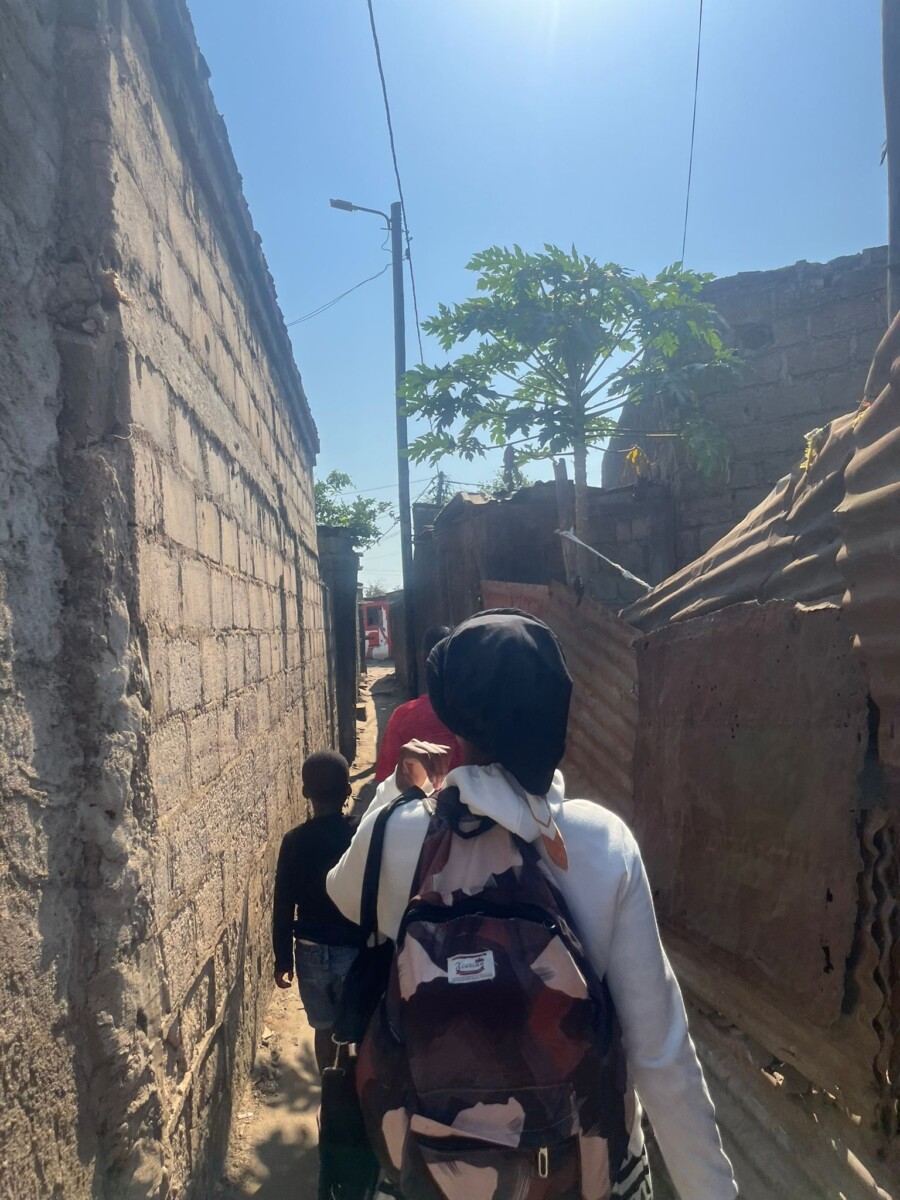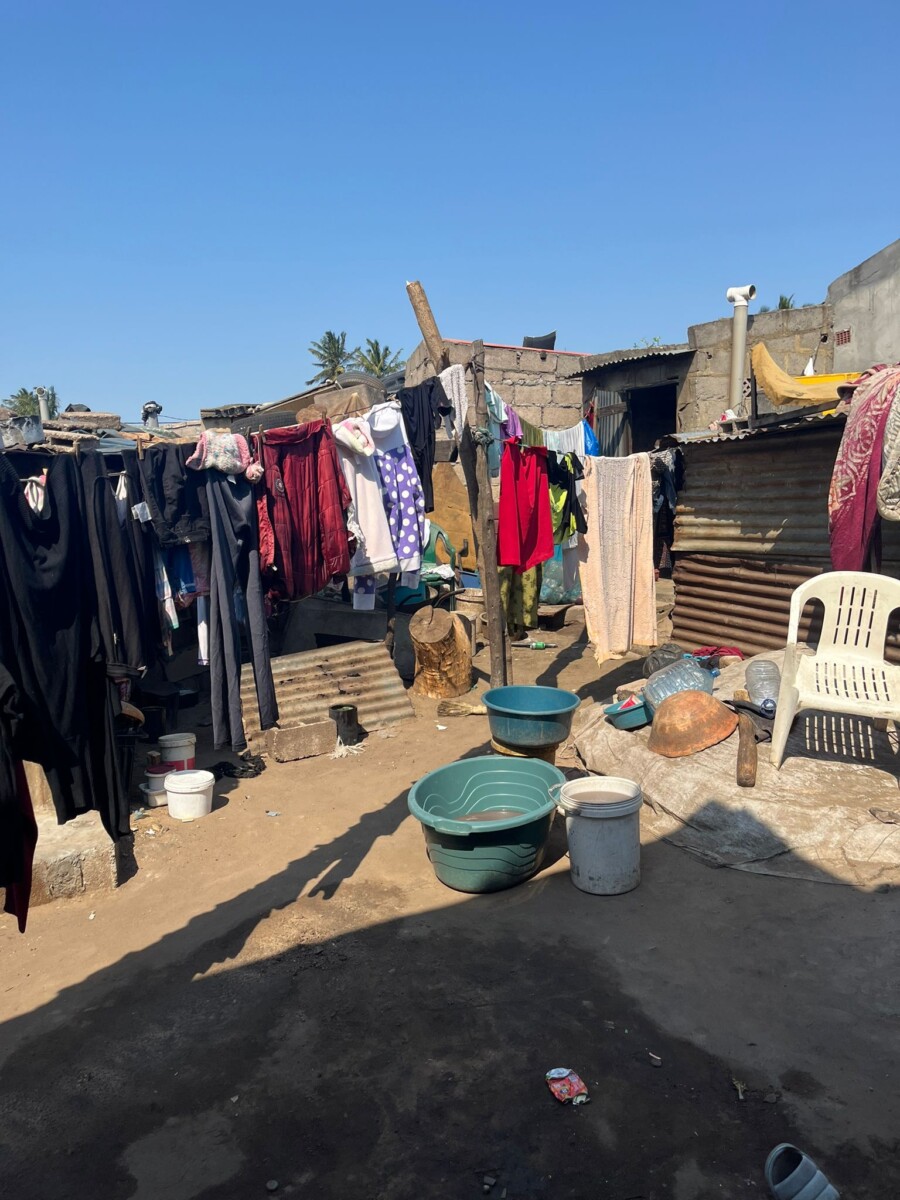
Savonia Article: Family Coaching for Pregnant Women in Developing Countries: Cultural Sensitivity and Supporting Well-being
This work is licensed under CC BY-SA 4.0
Prenatal family coaching plays an important role in the well-being of mothers and families but implementing it in developing countries presents specific challenges. This article discusses the experiences and lessons we learned while conducting family coaching for pregnant women and their families within the framework of an exchange program in Mosambik, Maputo. We particularly focus on home visits and the impact of cultural differences and the various life situations of families on midwifery work.
Project Background and Objectives
This family coaching was part of the Future Health Hub (FHH) project which is Funded by Team Finland knowledge and its aim is to promote cultural understanding, Evidence-Based Practice (EBP), and collaborative problem-solving among students. The FHH project seeks to create a model that enables multicultural work among students and supports the professional development of health students through projects.
Future Health Hub brings together students from the University of Applied Sciences Savonia and Instituto Superior de Ciências de Saúde (ISCISA). The collaboration provides an opportunity for students to develop professional skills and cultural understanding particularly in the healthcare context. One part of this project was the Family Coaching initiative where we as students aimed to help pregnant women and their families create a safer environment that promotes maternal well-being and prepares the family for the arrival of the baby.
In family coaching we actively participated with local students in supporting families during pregnancy. The coaching focused on the well-being of the women and families, nutrition, psychological support, and practical preparations for the arrival of the baby.
Home Visit
Our first home visit was a thought-provoking experience. The family lived in a densely populated neighborhood with no access to running water. Many of the locals live in similar conditions and locating homes is challenging since there are no formal addresses. There was only one room where five people lived: the pregnant woman, her two children and her parents. The kitchen was located outside in a shelter and food was prepared over an open fire. There was no running water and they collected water from a communal water point.
This experience opened our eyes to the living conditions in which many families live in Mosambik. The living conditions were extremely modest but the family was warm and hospitable. Despite the harsh conditions, they did their best to care for each other and even offered us their hospitality. This visit reminded us of the great importance of family support and the role of the community during pregnancy.

Cultural Differences in Midwifery
The physical health of a pregnant woman is only one aspect of overall well-being; family relationships and cultural factors significantly affect the support women receive during pregnancy. Cultural differences were evident in how women perceived individuals outside the healthcare system such as us students. For many families it was difficult to trust us because we were not from their community and they feared that outsiders might not understand their needs or culture. In this environment cultural sensitivity and the ability to communicate openly and respectfully with families became crucial in midwifery work.
The Importance of Family Coaching
Family coaching is not only about providing guidance to the pregnant woman but also about supporting the entire family and addressing everyday challenges together. For instance, coaching offered the opportunity to discuss not only pregnancy but also daily practices such as nutrition, hygiene and family relationships for this family. Pregnant women also need emotional support and for many it was important to have an open conversation about the concerns and fears they had during pregnancy. Home visits facilitated this discussion in a trusting environment where we could offer the necessary guidance and advice.
Cultural and Professional Learning
This experience taught us as midwifery students how essential it is to work with diverse cultures and life situations. While midwifery in Finland often focuses on technical skills and clinical care in developing countries the job involves a significant amount of cultural sensitivity and the ability to adapt to different living conditions. The experience deepened our understanding of the importance of considering the whole family situation—not only the health of the mother but also the family’s financial and social circumstances. Cultural sensitivity stood out in particular. We had to realize that our approach to things was not necessarily the one that resonated with local families. This experience taught us to listen more, be empathetic, and adapt to different life situations.

Conclusion
Although the political situation posed challenges for the family coaching, the home visits and the implementation of family coaching provided valuable insights. We saw how important it is to support families during pregnancy and also how much support women need from their families and communities. The experience strengthened our understanding that the role of a midwife is not just about healthcare—it also involves providing emotional and cultural support to help families navigate the challenges of pregnancy.
This family coaching has given us new perspectives on midwifery work and the significance of family coaching in developing countries. We gained a strong understanding of the importance of working culturally sensitively and considering the holistic needs of families. This experience is something we can carry forward into our future profession, as it taught us to listen and be present when families need support the most.
Authors:
Susanna Honkala, Midwife-student, Savonia – University of Applied Sciences, susanna.honkala@edu.savonia.fi
Maria Polvinen, Midwife-student, Savonia – University of Applied Sciences, maria.polvinen@edu.savonia.fi
Nanna Eklind, Midwife-student, Savonia – University of Applied Sciences, nanna.eklind@edu.savonia.fi
Oona Kähkönen, Senior lecturer, Savonia – University of Applied Sciences, oona.kahkonen@savonia.fi
Marja Gröhn-Rissanen, Senior lecturer, Savonia – University of Applied Sciences, marja.grohn-rissanen@savonia.fi
Article has been previously published at Savonia-artikkeli